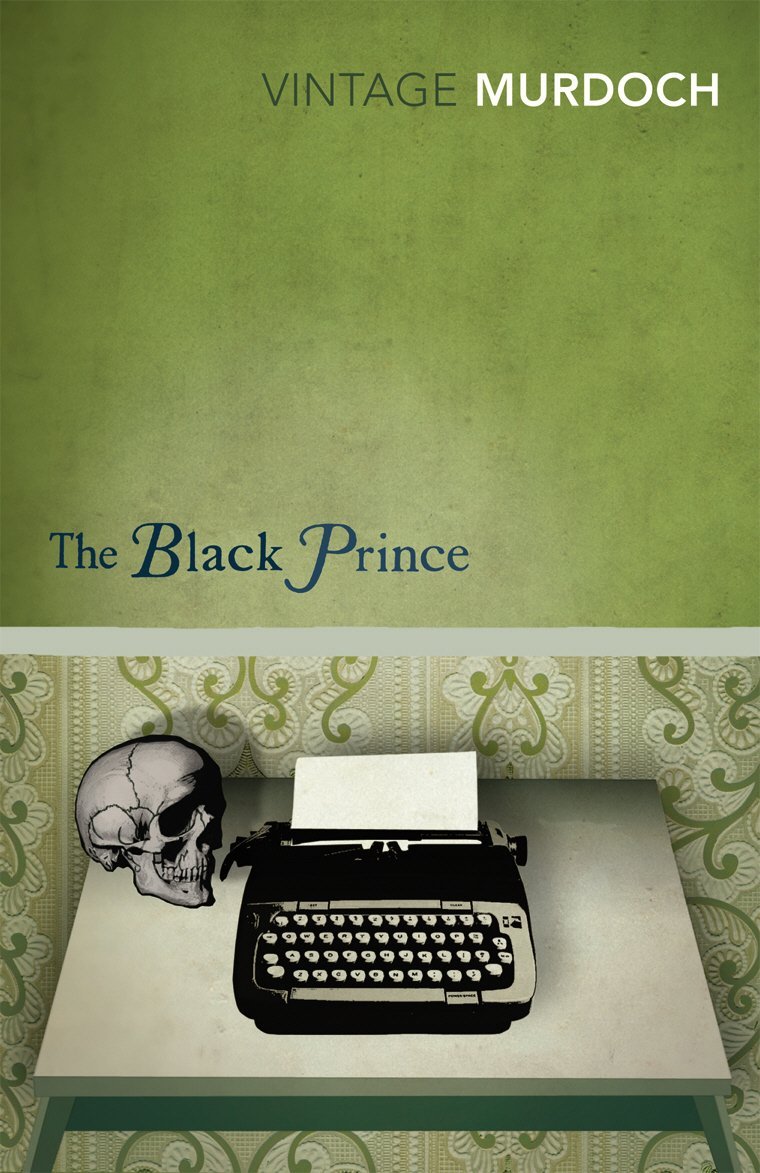Philosophers Explained: Iris Murdoch
By Frederick Von Heffer, 3rd Year English Literature
I happened across Iris Murdoch in Amsterdam about four years ago. I remember the cobbled street and the carboard box overflowing with books. I rifled through it and for some reason decided that A Word Child (1975) was the book to have. I read it on the ferry home from the Hook of Holland to Harwich, and ever since I’ve read her avidly. I loved the book so much and recommended it with such fervour that my whole family read it, if only to put an end to my weird enthusiasm.
Murdoch was a prolific novelist and an important philosopher. Born in Dublin in 1919, she was an only child that found herself boarding at Badminton (Bristol) from 1932-38. After Badminton, Murdoch went up to Oxford to read English and after the war she read philosophy at Cambridge, only to return to Oxford as a fellow in 1948. There, at St Anne’s college, she taught girls philosophy.
Although Murdoch fiercely denied it, she was an existentialist. What does this mean? Existentialism states that freedom is at the heart of human existence and that it is only through grasping this freedom that a soul can be forged. Therefore, God had to be chucked, and all his angels with him. It was Murdoch’s husband, John Bayley, that helped her on this front, Murdoch herself writing that he helped me ‘get rid of God.’
Murdoch never managed to wholly shirk God however and remained fascinated with Christianity her whole life. In modern terms, she revived moral realism and in doing so objected to Ayer’s pre-eminently important book Language, Truth and Logic (1936). His book turned Oxford (all but Murdoch) into followers of the logical positivist movement which posits a purely scientific view of knowledge and discarded any proposition that could not be verified by data. Even though Murdoch’s moral understanding refused God as moral progenitor, the narrow, formal logic of the logical positivists left no room for morality. Her lasting philosophical influence charts these waters.
Photo by: Ulf Andersen/ Getty Images
Existentialism works well in the novel because it allows for characters utterly adrift- divorced from old faiths and forced to confront their addled fates whilst trying to find something else to believe in. Broadly then, Murdoch’s novels show characters crippled under the weight of their freedom. It is no wonder that Camus, Sartre and Beauvoir all wrote novels, for they, like Murdoch, saw the form as more than just a mechanism to assert one’s philosophy (though this does not mean they avoid the same pitfalls that all so-called ‘philosophical novels’ fall into). Yet Mudoch’s novels do not sit easily alongside their contemporaries. In a characteristically brilliant review, Harold Bloom writes on Murdoch’s The Good Apprentice that: ‘the age of Samuel Beckett and Thomas Pynchon, post-Joycean and post-Faulknerian, is set aside by Miss Murdoch's novelistic procedures, almost as though she thus chose to assert her own direct continuity with the major 19th-century Russian and British masters of fiction.’ Her dense and convoluted plots are one example of this.
The Black Prince by Iris Murdoch (Available at Amazon)
Why is it that I feel such affinity with her characters? Why does her West London upbringing resonate with me? Born in Dublin, Murdoch’s girlhood was spent in Chiswick, West London. The Black Prince (1973) for example is set partly in Ealing and A Word Child in Hammersmith. Having lived in Hammersmith my whole life, I can tell you that these days the streets are not the slick, dirty, dark streets of Conrad’s The Secret Agent (1907). It is therefore thrilling to imagine Murdoch’s characters walking these streets amidst the throes of despair and love. Murdoch revels in high drama which, again, aligns her with the 19th century masters of fiction rather than Joyce and company.
Like D. H. Lawrence, she has the ability to present characters strangled with their own inarticulate pride, perverse and anguished on the grey streets of Hammersmith. I relate to these men and women and to their spiralling emotions that are presented as utterly ungovernable. Yet here we come to one element in her novels some take issue with- her uneasy comingling of fantasy and reality. As Bloom purports:
“Like Gabriel Garcia Marquez, she favours a realism that can be more phantasmagoric than naturalistic, but she tends not to be able to sustain this mixed mode, whereas he can.”
I am no philosopher, but what I am sure about however is that her novels deserve to be read for they are entertaining and present characters that, for all their rancour, burn with a strange and all too human intensity.
Credits for Feature Image: Sophie Bassouls/Getty Images




